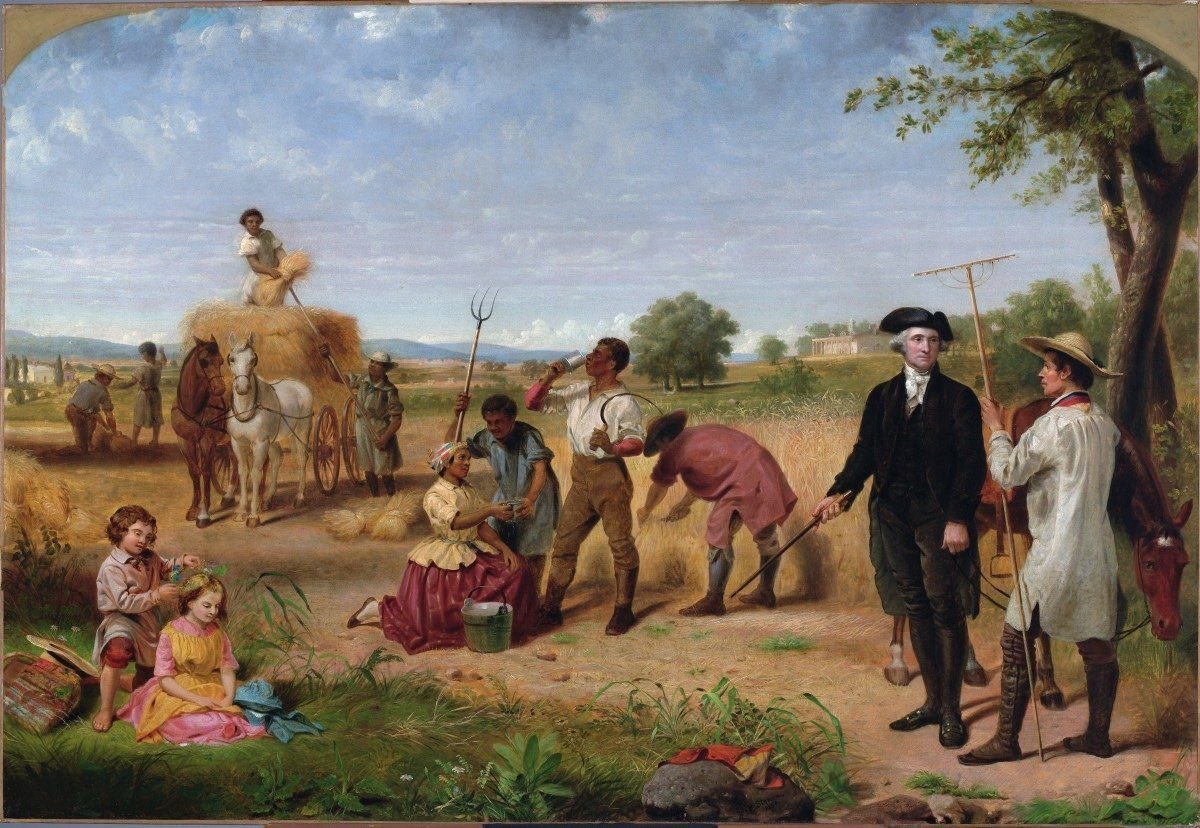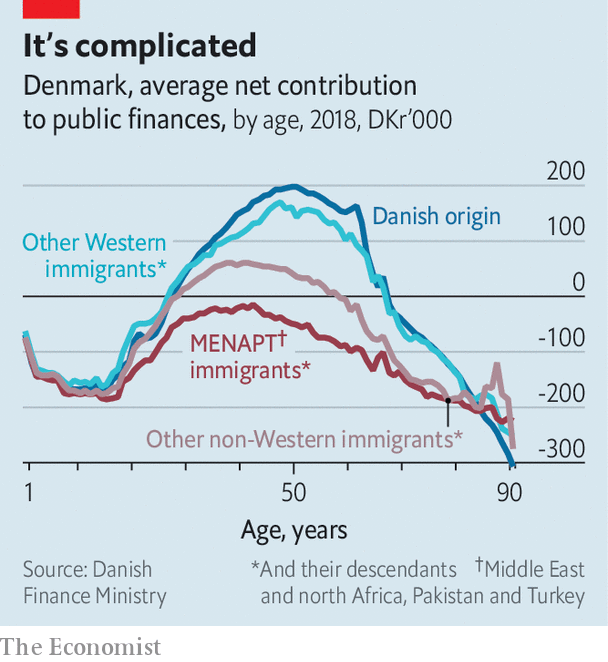
Tradition is not the worship of ashes, but the preservation of fire | Co-Founder of @TAmTrib | WASP
28 subscribers
How to get URL link on X (Twitter) App


 For one, Mandela was in prison because he created a civilian-bombing terror group called "Spear of the Nation," and premised it on the success of Fidel Castro and Che Guevara in Cuba
For one, Mandela was in prison because he created a civilian-bombing terror group called "Spear of the Nation," and premised it on the success of Fidel Castro and Che Guevara in Cuba
https://twitter.com/0_fxf_0/status/1936085809892852064*I typed this incorrectly. It was this percentage per generation, not per year. However, the same study estimates that around the same percentage died at the scene of the crime, in some form or another, or while awaiting trial, which would boost it to 1-2% per generation

 First, it's important to note what state of things existed in what became the Belgian Congo before King Leopold II became its ruler
First, it's important to note what state of things existed in what became the Belgian Congo before King Leopold II became its ruler

 "National Democratic Revolution" (NDR), is originally a Soviet concept that was adopted and built upon by the South African communists, particularly the ruling ANC regime, to suit their unique situation and goal
"National Democratic Revolution" (NDR), is originally a Soviet concept that was adopted and built upon by the South African communists, particularly the ruling ANC regime, to suit their unique situation and goal







 First, we dragged the French along and let them waste their strength, political capital, and blood while providing just enough aid to keep them from losing but not enough to win
First, we dragged the French along and let them waste their strength, political capital, and blood while providing just enough aid to keep them from losing but not enough to win

 This often gets forgotten because 1) they rejected creating a British-style peerage after the war (though they did create the Society of the Cincinnati), and 2) the war is now framed not as a dispute over local sovereignty but rather as a rejection of British culture
This often gets forgotten because 1) they rejected creating a British-style peerage after the war (though they did create the Society of the Cincinnati), and 2) the war is now framed not as a dispute over local sovereignty but rather as a rejection of British culture

 This same general thing bears out in America: the net fiscal impact of those "undocumented folk" is severely negative...
This same general thing bears out in America: the net fiscal impact of those "undocumented folk" is severely negative... 







 This was a critical problem Rhodesia had nearly from the beginning, even as it was still a private colony being built by Rhodes and the British South Africa Company:
This was a critical problem Rhodesia had nearly from the beginning, even as it was still a private colony being built by Rhodes and the British South Africa Company:



 Why is it a glimpse at a good future?
Why is it a glimpse at a good future? 



 Up next: always remember what's possible
Up next: always remember what's possible



